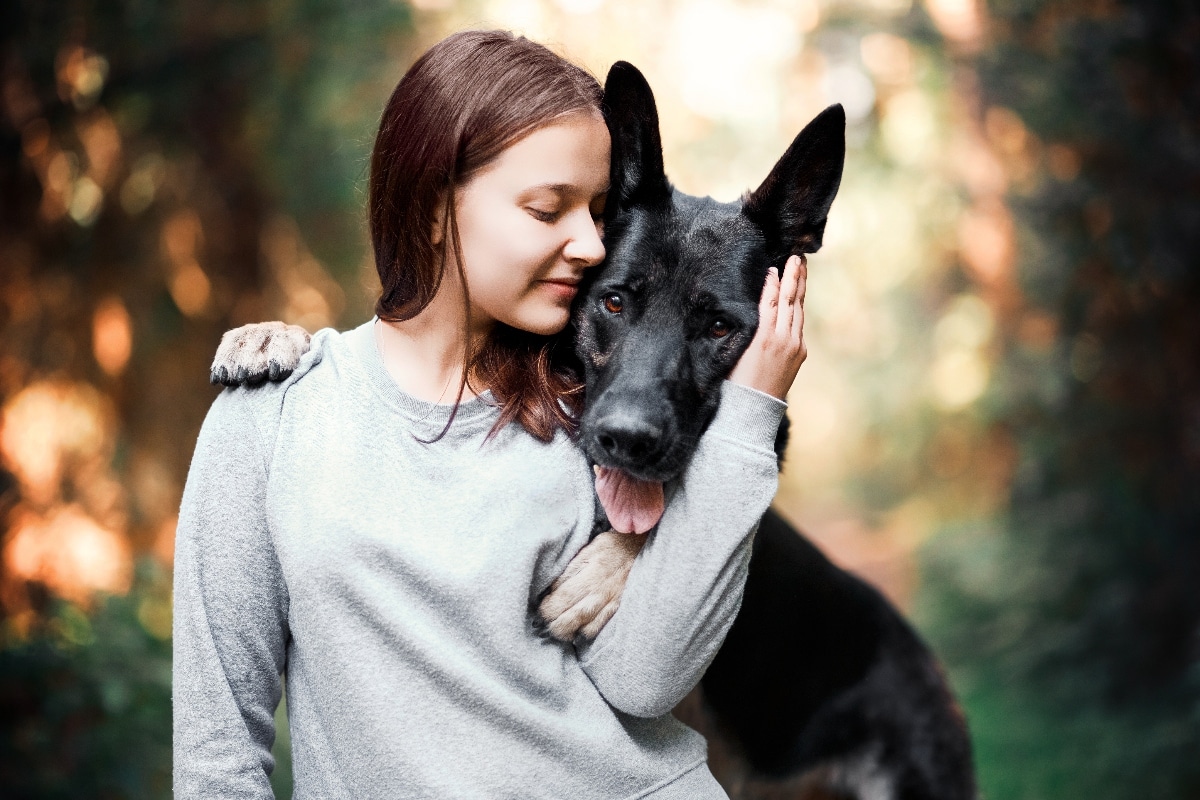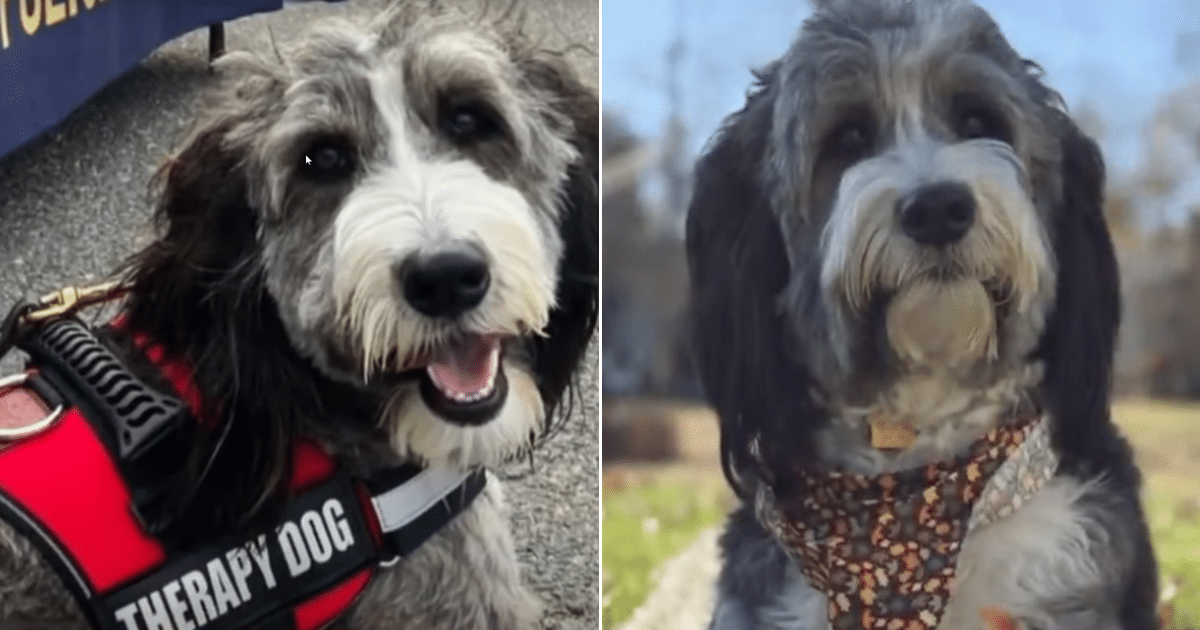PROTECT YOUR DNA WITH QUANTUM TECHNOLOGY
Orgo-Life the new way to the future Advertising by AdpathwayWhat do I need to do?
If you have any of the Darwin’s BioLogics pet food product listed above, stop feeding the product to your pets and throw it away in a secure container where other animals, including wildlife, cannot access it. Do not donate the food.
The product lot codes are printed on the front of the lower left corner of the 2-pound package of food. If you no longer have the package or can’t read the lot code, throw the food away.
Consumers who have had the products listed above in their homes should clean and disinfect all pet supplies, including all storage containers, bowls, utensils, food prep surfaces, pet bedding, litter boxes, toys, floors, and any other surfaces that the food or pet may have had contact with, including your refrigerator or freezer. Clean up the pet’s feces in places where people or other animals may become exposed. Consumers should thoroughly wash their hands after handling the product or cleaning up potentially contaminated items and surfaces.
What is Salmonella and what are the symptoms of Salmonella infection?
Salmonella is a bacterium that can cause illness and death in humans and animals, especially those who are very young, very old, or have weak immune systems. According to the Centers for Disease Control and Prevention (CDC), people infected with Salmonella can develop diarrhea, fever, and abdominal cramps. Most people recover without treatment, but in some people, the diarrhea may be so severe that they need to be hospitalized. In these patients, the Salmonella infection may spread from the intestines to the blood stream and then to other body sites unless the person is treated promptly. Consult your health care provider if you have symptoms of Salmonella infection.
Pets do not always display symptoms when infected with Salmonella, but signs can include vomiting, diarrhea (which may be bloody), fever, loss of appetite and/or decreased activity level. If your pet has these symptoms, consult a veterinarian promptly. You should also be aware that infected pets can shed the bacteria in their feces without showing signs of being sick.
What is Listeria monocytogenes (L. mono) and what are the symptoms of L. mono infection (listeriosis)?
Listeria monocytogenes is a bacterium that can cause illness and death in humans and animals, especially those who are pregnant, very young, very old, or have weak immune systems. According to CDC, listeriosis in humans can cause a variety of symptoms, depending on the person and the part of the body affected. Symptoms can include headache, stiff neck, confusion, loss of balance, and convulsions in addition to fever and muscle aches.
Pregnant women typically experience only fever and other flu-like symptoms, such as fatigue and muscle aches. However, infections during pregnancy can lead to miscarriage, stillbirth, premature delivery, or life-threatening infection of the newborn.
Pregnant women and their newborns, adults ages 65 and older, and people with weakened immune systems are more likely to get sick with listeriosis. Anyone with symptoms of listeriosis should contact a health care provider.
L. mono infections are uncommon in pets, but they are possible. Symptoms may include mild to severe diarrhea; anorexia; fever; nervous, muscular and respiratory signs; pregnancy loss; depression; shock; and death. Pets do not need to display symptoms to be able to pass L. mono on to their human companions. As with Salmonella, infected pets can shed L. mono in their feces and saliva without showing signs of being sick, further contaminating the household environment.
Why is the FDA concerned about Salmonella and L. mono in pet food?
Pet foods contaminated with Salmonella and L. mono are of particular public health importance because they can affect both human and animal health. Pets can get sick from Salmonella and may also be carriers of the bacteria and pass it on to their human companions without appearing to be ill. The FDA is aware of cases in which humans and/or animals have gotten sick from exposure to Salmonella-contaminated pet foods (Salmonella-human cases, Salmonella-kittenExternal Link Disclaimer, Salmonella-kitten, dog). Although FDA is not aware of a documented case of a person acquiring L. mono infection from a pet food, once Salmonella or L. mono get established in the pet’s gastrointestinal tract, the animal can shed the bacteria in the feces when it has a bowel movement, and the contamination may continue to spread. Clean up the animal’s feces in yards or parks where people or other animals may become exposed, in addition to cleaning items in the home.
The Federal Food, Drug, and Cosmetic Act requires that all animal foods, like human foods, be safe to eat, produced under sanitary conditions, contain no harmful substances, and be truthfully labeled. Refrigeration or freezing does not kill Salmonella or L. mono.
How can I report a pet illness?
People who think their pets have become ill after consuming contaminated pet food should first contact their veterinarians.
The FDA encourages consumers to report complaints about pet food products electronically through the Safety Reporting Portal. Additionally, consumers can visit the SmartHub – Safety Intake Portal – Report a Product Problem (fda.gov) to obtain electronic assistance with submitting a report.


 18 hours ago
13
18 hours ago
13





















 English (US) ·
English (US) ·  French (CA) ·
French (CA) ·